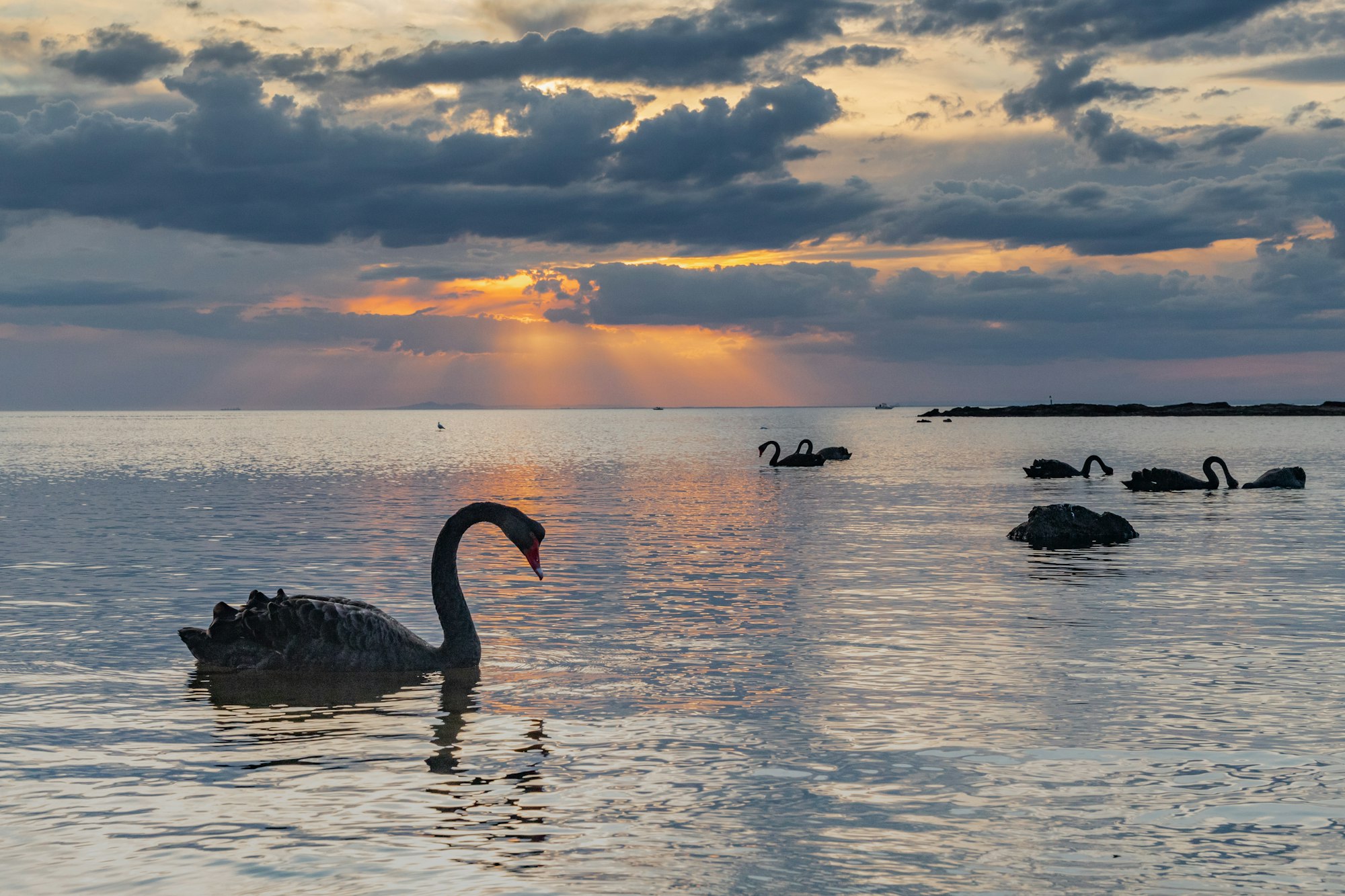Increasing Lucky Breaks: A FAANG Story
How I got into Meta, and you might too?

In this journal entry, I'm going to share the story of how I could get an opportunity in London from India, and maybe help you do the same. Before diving in, I want to recommend a few things that have inspired me: "Here's the number I used to win the lottery", "The Black Swan" (the book), and "The Bus Ticket Theory of Genius" (among others by Paul Graham).
One of the most common questions I get asked online is, "How did you get into Meta?". And, "Were you asked DSA?". Unfortunately, there's no easy answer to these questions because what worked for me might not work for someone else. I had some privileges that I'm grateful for, such as being able to speak decent English, having access to a computer in high school, and receiving an undergraduate education. These set me up with a foundation that allowed me to pursue my passions and get good at them.
I believe that one of the keys to relative-success is having a genuine passion for what you're doing. For me, that was programming. As I've learned from "The Black Swan", luck also plays a big role, especially in fields where outcomes are non-linear. For example, an actor might become famous overnight if their movie does well, or a startup might succeed because the market and economy are in their favor. There's a lot of randomness involved in these situations.
However, that doesn't mean that hard work isn't important. An actor still needs to go to acting school and perform in smaller roles before they land a big one. An entrepreneur still needs to understand their market and build something that meets its needs. A writer still needs to write the first words of their book and see it through to completion.
So, what did I do that might work for you? For starters, I had a passion for building things using code. I enjoyed sharing my work online, and contributing to open source projects - finding it fun to build things in my spare time. Additionally, during the pandemic, I started a podcast about tech and gave talks online. All of these activities helped increase my visibility when the 2021 hiring bubble was at its peak.
The theory of Black Swan events is a metaphor that describes an event that comes as a surprise, has a major effect, and is often inappropriately rationalized after the fact with the benefit of hindsight.
Speaking of the hiring bubble, that was a Black Swan event that had a major impact on my career. When the pandemic hit in 2020, everyone started working from home, and I found myself feeling micromanaged. To decompress, I started building side projects, which someone saw and then referred me to a hiring tweet. This led to my first contracting gig. The same scenario repeated a few more times, which helped me progress quickly over the next two years.
In 2021, tech companies' stocks grew rapidly, and they bumped up hiring accordingly. They started sponsoring more people to move to their offices from all around the world. During this craze, a recruiter from Meta had been reading my blog for a while had reached out to me. That's how I am in London today. It was a combination of having enough work out there for people to notice it and being in the right place at the right time.
Of course, as with any Black Swan event, things don't stay the same forever. In 2022, the pandemic was becoming a distant memory, and everyone was starting to venture out again. Tech stocks collapsed, and the hiring bubble burst. What worked for me in 2021 probably won't work in 2022 and for the next few years.
But how can you increase your surface area for luck? The answer is simple: focus on what you love to do and share it with the world. When you do what you love, you're more likely to put in the effort and time needed to become really good at it. And when you share it with the world, you're giving luck more chances to strike.
Of course, luck alone won't guarantee success. Hard work and constant learning are also crucial. But luck can be the deciding factor between success and failure, especially in fields with non-linear outcomes like entrepreneurship, investing, and even getting hired to move across countries.
So, if you want to increase your chances of being successful in your field, start by doing what you love and sharing it with the world. Don't be afraid to put yourself out there and take advantage of any opportunities that come your way. And remember, you can increase your surface area for it and be ready when it strikes.
